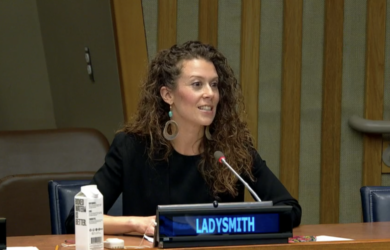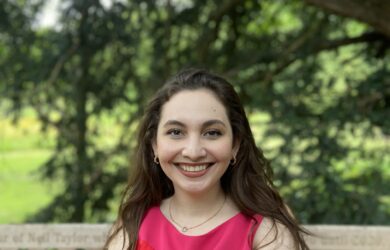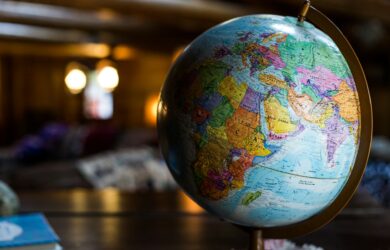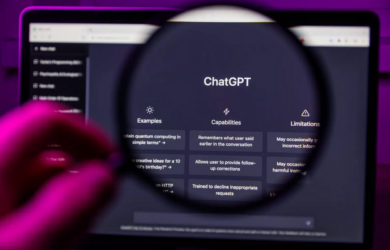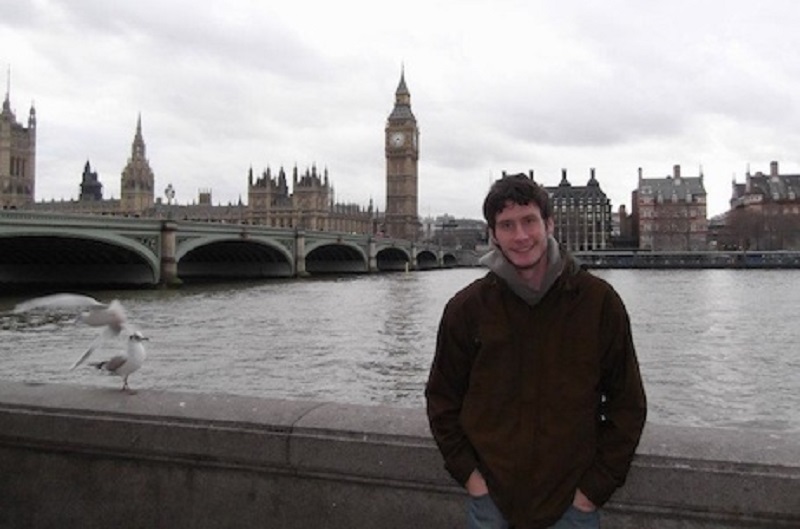
Greg Nance has been named one of the 99 most influential foreign policy leaders under 33 by the Diplomatic Courier and Young Professionals in Foreign Policy.
Greg Nance [2011] has been named one of the 99 most influential foreign policy leaders under 33 by the Diplomatic Courier and Young Professionals in Foreign Policy, but his citation is not for the normal diplomatic work you might expect.
Greg sees education as the key to improving international relations and his organisation ChaseFuture.com, which he set up while he was a Gates Cambridge Scholar with fellow Scholars, aims to expand access for international students to the world’s top universities.
“We’re the world’s fastest growing admissions consulting platform. We connect potential applicants to admissions and careers experts, including former admissions, tutors, students and alumni, who can give them the best advice,” says Greg. “Students have trouble finding good advice and we provide the best information and advice regardless of their ability to pay.”
He adds: “I believe we can change how countries interact through enterpreneurship. When leaders in the US and China have been to university together they will have a better understanding of each other. My aim is to better connect these future leaders.”
Athletics
Greg was born in Redmond, Washington, and grew up on Bainbridge Island near Seattle. One of three children, his mother oversees care quality at state nursing homes and his father is a criminal defence attorney. Greg says his parents would talk about their work round the dinner table and their children all grew up wanting to pursue a career which helped others.
Greg says he was not very studious at school, although he was captain of his high school debating team for two years and was named an All American in his senior year after competing in the world championships in South Korea.
He was more interested in athletics and spent a lot of time on baseball, running and tennis as well as hiking and climbing. He competed in the Seattle Metro League for Varsity tennis, track and cross country. His interest in physical challenge has continued: he currently trains novice boxers in China and at Cambridge he boxed welterweight for the blues boxing team. As an NGO fundraiser, Greg completed the Seven-Day Challenge, which included solo climbing Mont Blanc, swimming the Thames, and running across Hadrian’s Wall.
Moneythink
Greg initially studied economics and finance at the University of Chicago, where he did his undergraduate degree. He competed on the varsity track team and it was while running that he got the idea for his first NGO.
He used to train by running through Chicago’s deprived south side and would see people his age on street corners instead of in class. He decided to do something about it and in January 2009 with four friends he started Moneythink, a voluntary peer to peer programme teaching financial literacy.
“The aim was to create a movement of young people who could help restore the US economy through financial education,” says Greg. It involved getting trained college students into high schools to teach things like saving and budgeting. Greg and his friends had to make over 100 calls before they got a school to agree to let them begin teaching. “I was 19 and the schools wanted someone professional,” he says. The first session went well and the teacher wanted them back. The organisation’s work spread by word of mouth and soon Greg was spending up to 30 hours a week of his time on it. The University of Chicago supported their work and gave them an office and it now operates across the US with chapters in universities around the country.
Greg says: “The peer to peer model worked well. The students identified with us and that was a good way of building friendship and trust,” he says. In addition to the teaching sessions, members of the organisation also offered mentoring. Greg still serves as Moneythink’s Chairman and mentors over 30 former students.
Greg got into the organisation following an internship at Merrill Lynch in 2008, when the world’s financial markets crashed. The experience made him realise that finance and a career on Wall Street was not what he wanted, even though he had turned down a place at the military academy West Point to study finance. That decision was particularly hard as his family has a history of military service – both his grandfathers had been in the military and his ancestors fought in the American civil war and the American Revolution. “I realised after the internship that I wanted to make a difference in financial education rather than work on Wall Street,” he says.
He switched the focus on his degree to international relations in his third year. International relations had been an interest since he was six when he saw a huge Chinese ship pass along the Puget Sound and asked his father where it was from. As part of his degree he studied China’s geographical and naval strategy and how the US can build a constructive working relationship with China and strong alliances in East Asia.
At university he also took every opportunity to travel, whether to India, the Middle East or Europe. He spent three weeks in China and that convinced him to look at ways of connecting his international relations and education work. “I realised entrepreneurship was how to connect them so I decided to create an organisation which could build impact,” he says.
Cambridge
The turning point came when he was at Cambridge, doing an MPhil in Management. Firstly, his masters gave him the training and skills he needed to be a better entrepreneur and he travelled abroad during his course, spreading his ideas on entrepreneurship and international relations. The Gates Cambridge Scholarship provided an international perspective and access to “incredible people” with whom he could brainstorm. Scholars Simon Breakspear and Noah Isserman, who were doing PhDs, provided many ideas which proved useful in setting up ChaseFuture.com, and Han Shao, a Chinese masters student at the Judge Business School, co-founded the organisation with Greg.
The platform offers blogs and videos full of advice, but potential applicants can also get into direct contact with mentors.
Four Gates Cambridge Scholars formed the initial team – Derron Wallace [2010], Brianne Kent [2011], Andrey Poletayev [2011] and Sukrit Silas [2011] – and they are still involved. The organisation was launched formally in Shanghai on 5th September 2012. Greg started in China, where he spends most of the year, and two thirds of the organisation’s clients are based in China, but he is looking to be globally representative.
ChaseFuture.com works with 80 admissions and careers experts and has 12 full-time employees in Shanghai, although its HQ is in Seattle.
Greg hopes that he can continue to juggle all his various interests and become a better entrepreneur. “I hope to create businesses which help the people they touch and benefit the wider world,” he says.








